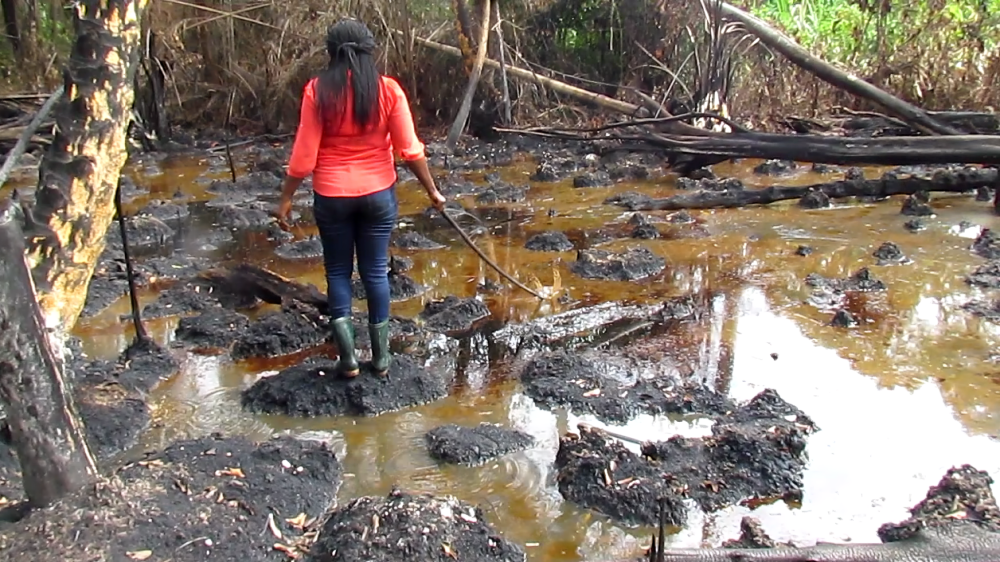KEY POINT
- Oil spills in the Niger Delta have caused severe environmental and health damage.
- The Nigerian government, oil companies, and local communities are working together to address oil spill risks.
- Advancements in technology, like satellite surveillance and bioremediation, are helping in spill prevention and cleanup.
The Niger Delta, rich in oil and natural gas reserves, is one of the world’s most ecologically sensitive regions. Home to various communities and a significant portion of Nigeria’s oil production, the area has also faced numerous challenges due to oil spills, resulting in long-lasting environmental damage, livelihood disruptions, and health hazards. This article examines the efforts being made to mitigate oil spill risks in the Niger Delta, the role of government and industry, and the potential for creating a more sustainable oil extraction process.
Understanding the Niger Delta oil spill crisis
The Niger Delta spans about 70,000 square kilometers and is the heart of Nigeria’s oil industry. The region accounts for over 90% of the country’s crude oil production, but with this wealth has come a considerable environmental toll. Oil spills are a regular occurrence in the region, caused by pipeline leaks, operational negligence, and sabotage. According to United Nations Environment Programme (UNEP), over 13 million barrels of oil have been spilled in the Niger Delta over the past five decades, and the impacts are widespread, with contamination of water, soil, and air affecting local communities.
The impact of oil spills on the Niger Delta
Oil spills in the Niger Delta have devastated the environment. They contaminate the land and water sources vital to the region’s population, which depends on farming and fishing for its livelihood. The extensive loss of biodiversity in wetlands, mangroves, and aquatic life has disrupted ecosystems. Indigenous communities, such as the Ogoni people, have been among the worst affected, seeing their farming and fishing activities severely impacted by oil contamination.
Furthermore, these spills have posed significant health risks to the population. Pollutants from spilled oil, such as benzene and toluene, are linked to cancers, respiratory problems, and skin diseases. Despite these severe effects, enforcement of environmental laws and regulations has been inconsistent, with multinational oil companies often accused of poor oversight and failure to properly address the damage.
Government initiatives to mitigate oil spill risks
The Nigerian government, recognizing the importance of protecting the Niger Delta, has implemented various programs aimed at reducing oil spill risks. The National Oil Spill Detection and Response Agency (NOSDRA) was established in 2006 to oversee the implementation of spill-response mechanisms and ensure companies follow environmental guidelines. However, critics argue that NOSDRA lacks the resources and political support to effectively curb the frequent spills.
In recent years, the Nigerian government has also partnered with international organizations, such as the United Nations Development Programme (UNDP), to promote more sustainable practices in the region. The focus has been on improving oil pipeline infrastructure, strengthening the capacity of local communities to detect and report oil spills, and enforcing better response measures.
Role of oil companies in spill prevention
Oil companies operating in the Niger Delta, including Shell, ExxonMobil, and Chevron, bear significant responsibility for mitigating the risk of oil spills. These companies have invested in advanced technologies aimed at improving spill response and detection. However, they have been frequently criticized for not doing enough to prevent oil theft, pipeline vandalism, and ineffective spill remediation.
Some industry leaders, such as Shell, have worked alongside NGOs and community groups to clean up the most affected areas. However, the scale of the damage caused by oil spills often makes full remediation difficult. Experts advocate for more transparency from oil companies and demand that they work more closely with local communities to prevent and respond to oil spills quickly.
Community and civil society efforts in oil spill prevention
Civil society organizations and local communities have also played an important role in mitigating oil spill risks. NGOs like Friends of the Earth Nigeria and the Niger Delta Peoples Congress have raised awareness about the environmental and human costs of oil spills, calling for stronger regulations and more community participation in oil spill response initiatives.
Indigenous groups, such as the Ogoni and Ijaw people, have long advocated for the cleanup of polluted lands and compensation for the damage caused by oil spills. These efforts, coupled with global environmental campaigns, have helped keep the spotlight on the issue of oil spills in the Niger Delta.
Advancements in technology to mitigate oil spill risks
Technology plays a key role in mitigating oil spill risks, and significant advancements are being made in this area. Innovations in satellite surveillance, remote sensing, and drones allow for real-time monitoring of pipeline conditions and oil spill incidents. These technologies not only help detect spills faster but also ensure that response teams can be deployed immediately.
The introduction of bioremediation – using microorganisms to break down oil – is another promising technique being tested in the Niger Delta. This method could potentially reduce the long-term environmental damage caused by spills and speed up the recovery process.
Sustainable practices for the future
Long-term solutions to oil spills in the Niger Delta must address both prevention and sustainable oil extraction. To this end, there has been a growing call for more sustainable oil extraction technologies, as well as the implementation of more robust regulatory frameworks that ensure companies take greater responsibility for their actions. Moving away from dependency on fossil fuels through diversification of the economy is also an important consideration for a more sustainable future.
By investing in alternative energy, enhancing spill response mechanisms, and enforcing stricter environmental regulations, Nigeria can take a step toward a cleaner and safer oil industry. In the meantime, collaboration between the government, the oil companies, and local communities will remain essential in addressing the risks of oil spills.



